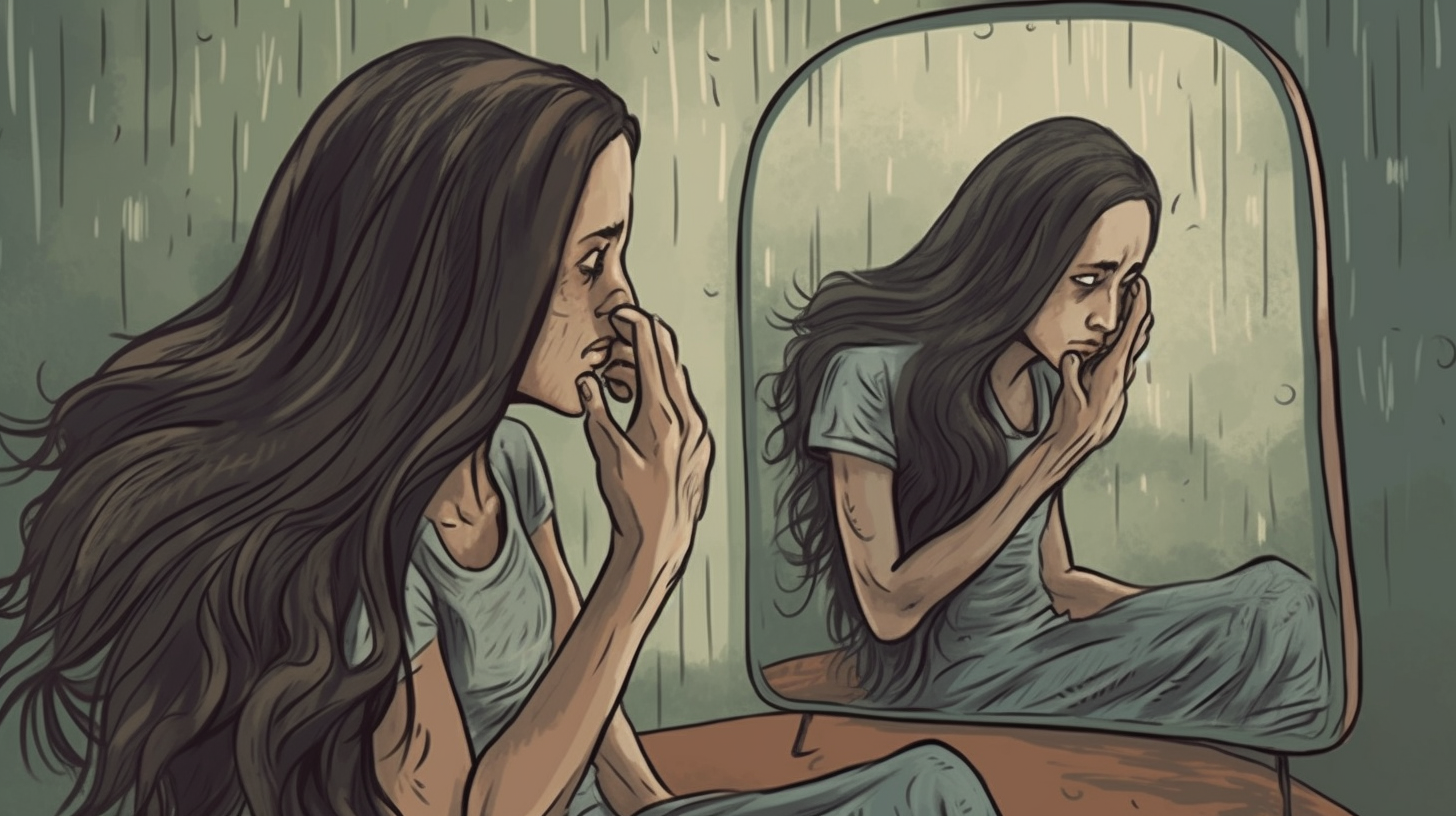How Often Should I Color My Hair? Expert Tips for Maintaining Vibrant and Healthy Tresses
Welcome to our comprehensive guide on how often you should color your hair! Whether you’re a seasoned hair color enthusiast or considering dyeing your tresses for the first time, finding the perfect balance between vibrant, head-turning color and maintaining the health of your locks can be a daunting task. With so many factors to consider, it’s important to have expert tips and guidance to help you make informed decisions.
In this tutorial, we’ll delve into the world of hair coloring frequency and provide you with valuable insights and practical advice on maintaining vibrant and healthy tresses. From understanding the factors that influence hair dye interval to creating a personalized hair coloring schedule, we’ve got you covered. So let’s dive in!
Factors Influencing Hair Coloring Frequency
Before we discuss how often you should color your hair, it’s crucial to understand the factors that can influence your hair dye interval. These factors can vary from person to person, so it’s essential to consider each one individually:
- Natural Hair Color: Your natural hair color plays a significant role in determining how often you need to touch up your roots or recolor your entire mane. If you have lighter hair, such as blonde or light brown, regrowth may be more noticeable, requiring more frequent touch-ups. On the other hand, if you have darker hair, like black or deep brown, regrowth may be less noticeable.
- Type of Hair Dye: The type of hair dye you use can also impact how often you should color your hair. Permanent dyes typically last longer than semi-permanent or temporary dyes. Permanent dyes penetrate deeper into the hair shaft and provide longer-lasting results.
- Hair Texture: The texture of your hair can affect how long the color lasts. Coarser hair tends to hold onto color better than finer hair, which may fade more quickly.
- Hair Care Routine: Your hair care routine plays a crucial role in maintaining the vibrancy of your hair color. Frequent washing, exposure to harsh chemicals, excessive heat styling, and lack of proper conditioning can all contribute to color fading.
- Desired Color: The intensity and shade of your desired color can impact how often you need to color your hair. If you’re aiming for a vibrant, fashion-forward hue, it may require more frequent touch-ups to maintain its richness.
Determining Your Personal Hair Coloring Schedule
Now that we’ve explored the factors that influence hair coloring frequency, let’s delve into creating a personalized hair coloring schedule that suits your needs:
- Consider Your Natural Hair Growth Rate: Take note of how quickly your hair grows and how noticeable the regrowth is. This will give you an idea of how often you’ll need touch-ups or full-color applications.
- Assess Your Desired Color: If you’re aiming for a drastic change in color or have chosen a shade that’s significantly lighter or darker than your natural hair, more frequent touch-ups may be required to maintain the look.
- Trial and Error: It may take some trial and error to find the perfect hair coloring schedule for you. Start with a conservative interval between touch-ups and observe how well the color holds up. Adjust accordingly based on your observations.
- Talk to Your Stylist: Consulting with a professional stylist can provide valuable insights tailored specifically to your unique hair type, color, and desired look. They can recommend the ideal hair coloring schedule based on their expertise and knowledge.
Tips for Maintaining Vibrant and Healthy Tresses
Now that you know how often to color your hair, let’s explore some expert tips to ensure your tresses stay vibrant and healthy:
- Use Color-Safe Products: Opt for shampoos, conditioners, and styling products specifically formulated for color-treated hair. These products are designed to protect the vibrancy of your color while nourishing and moisturizing your locks.
- Avoid Frequent Washing: Washing your hair too often can strip away the color and natural oils, leading to faster fading. Try to extend the time between washes by using dry shampoo or opting for hairstyles that don’t require daily washing.
- Minimize Heat Styling: Excessive heat styling can cause damage to your hair and accelerate color fading. Whenever possible, embrace natural hairstyles or use heat protectant products before using hot tools.
- Maintain Regular Trims: Regular trims help keep split ends at bay and promote overall hair health. By removing damaged ends, you’ll prevent them from absorbing excess dye, allowing the color to appear more vibrant.
- Protect Your Hair from UV Rays: Prolonged sun exposure can fade hair color. Shield your tresses from harmful UV rays by wearing a hat or using leave-in products that offer UV protection.
The Importance of Hair Health
While it’s tempting to frequently change up your hair color for a fresh look, it’s essential not to overlook the importance of maintaining healthy tresses. Over-processing your hair with excessive dyeing can lead to damage, breakage, and loss of shine.
Remember to give your hair time to recover between coloring sessions and prioritize deep conditioning treatments to replenish moisture and nourish your locks. Healthy hair is the foundation for vibrant color, so take care of it!
Conclusion
When it comes to how often you should color your hair, there isn’t a one-size-fits-all answer. It’s a personal decision that depends on various factors, including your natural hair color, desired look, and commitment to maintenance.
By understanding these factors and creating a personalized hair coloring schedule, you can maintain vibrant and healthy tresses without compromising the quality of your locks. Remember to prioritize hair health, use color-safe products, and follow expert tips for long-lasting color.
Now armed with this knowledge, you’re ready to make informed decisions about how often you should color your hair. Embrace the world of endless possibilities and enjoy the journey of vibrant and beautiful tresses!



